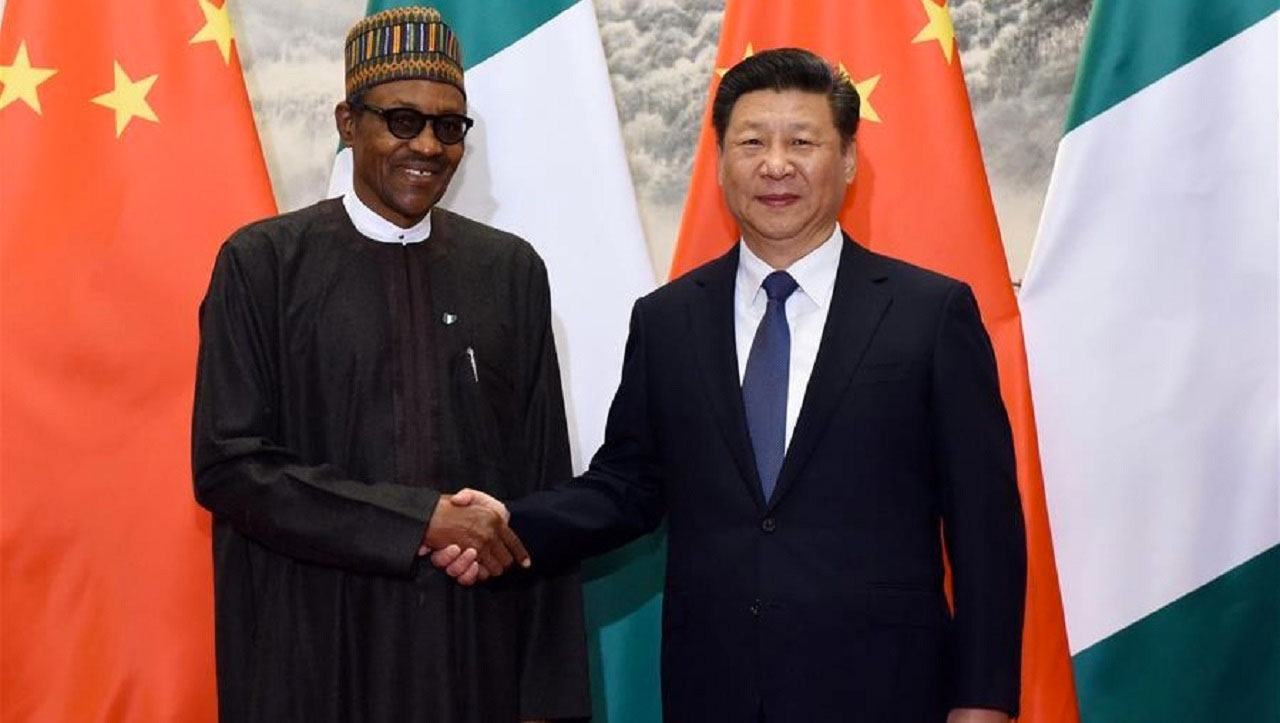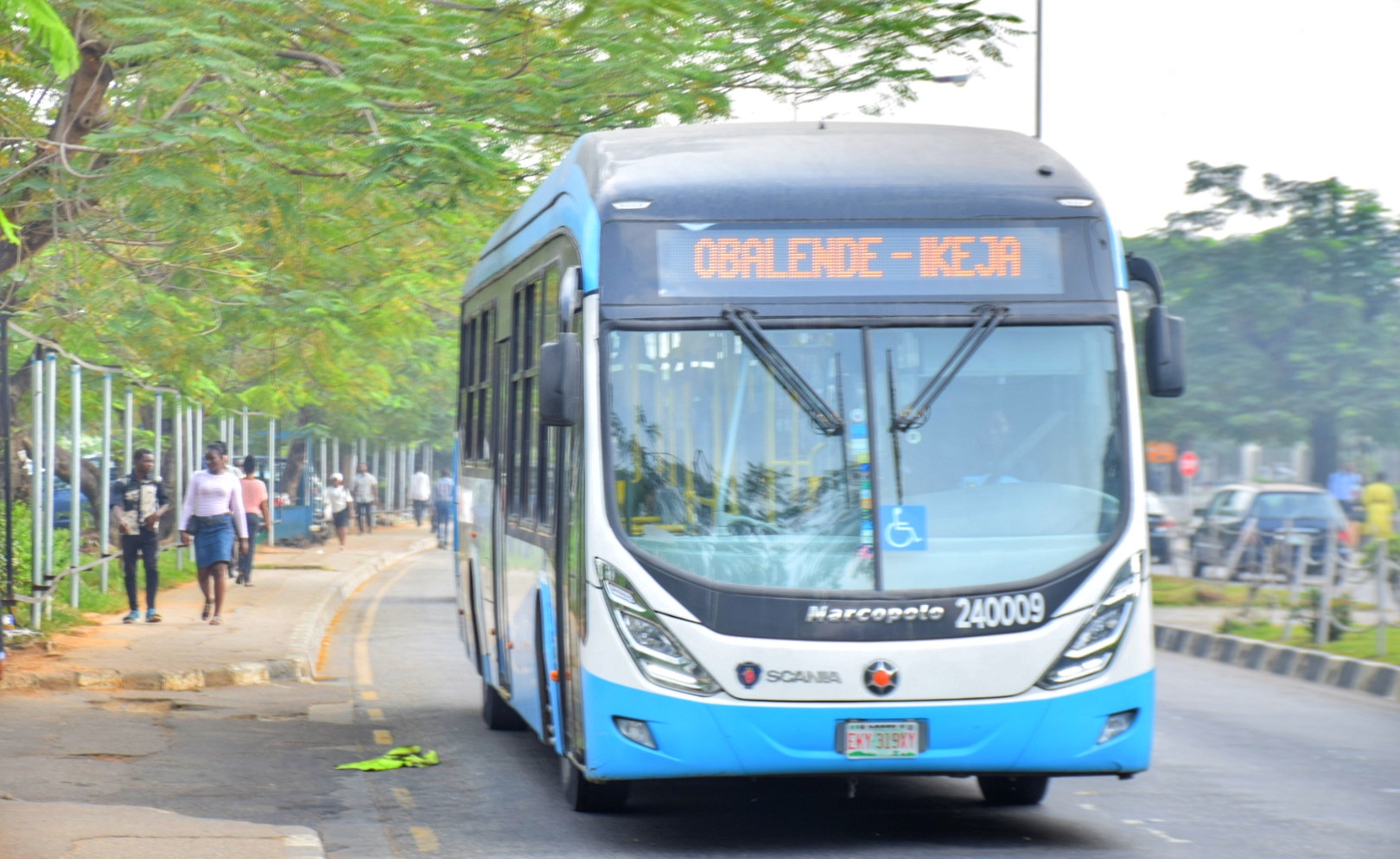BY DIETER BASSI
Mineral exploration and exploitation are always governed by certain terms that are agreed upon prior to the commencement of their operations. These sets of terms determine the operations, revenues and other conditions and are contained in the contracts between companies and governments on behalf of their citizens.
A contract is a legally binding document between, at least, two parties that defines and governs the rights and duties of the parties to the agreement. It is legally enforceable because it meets the requirement and approval of the law. To enter a contract, the mutual consent of the parties involved are needed/necessary. It is for this reason that it is important to make the terms of contracts, especially those entered into on behalf of the people on the exploitation of their natural resources, public.
The 2019 EITI standards which Nigeria is required to implement through NEITI stipulates in section 2.4 that Implementing countries are required to disclose any contracts and licenses that are granted, entered into or amended from 1 January 2021. Implementing countries are encouraged to publicly disclose any contracts and licenses that provide the terms attached to the exploitation of oil, gas and minerals.
Based on these commitments, Nigeria is expected to make all contracts entered into for the exploration and production of oil, gas and mining from 1st January, 2021 public. Nigeria had made efforts towards making contracts public, especially in the oil & gas sector. In 2015 there was the public statement by the then Minster of state for petroleum/ Group Managing Director of the NNPC, Dr Ibe Kachikwu as part of his 7 big wins agenda and in 2016 during the anti-corruption summit in London and the open government partnership accord. In the words of Kachikwu,
Advertisement
The `7 Big Win will bring about massive development in the sector. The major focus of the road map would be on Niger Delta and security, Policy and Regulations, Business environment as well as investment drive. Others, include Transparency and Efficiency, stakeholder Management and International coordination, Gas revolution and refinery and local production capacity”
All these commitments were meant to encourage transparency and accountability in Nigerias oil, gas and mining industries.
Despite these efforts of the Nigerian government, there are numerous challenges and obstacles towards making contracts publicly accessible in Nigeria. Some of these challenges include but are not limited to a lack of legal framework to mandate/facilitate contract transparency. Presently, the extant legal framework does not require companies or any agent of government to make contracts public. There is also the issue of confidentiality clauses which are embedded in some of these contracts with many of the companies citing commercial sensitivity for non-disclosures.
It is however imperative to note that there are some positive strides towards achieving contract transparency in Nigeria. In the draft 2020 Petroleum Industry Bill (PIB), the principles of contract transparency are contained in Section 83 of the Act under the heading Confidentiality. Subsection (3) relates to contracts that are in existence or coming into force of the proposed law. It provides that: The text of any existing contract, Licence or Lease and any amendment or side letter with NNPC shall
(a) Not be confidential;
(b) Be published on the website of the Commission within one year after the effective date; and
(c) Be provided to the Commission by a contractor of NNPC, licensee or lessee within 1 year after the Effective Date.
Subsection (4) proposes an administrative penalty of $10,000 per day of default to be imposed on a contractor, licensee or lessee who does not or partially provides the Commission with the required information within the stipulated time. Subsection (5) relates to the disclosure of new contracts to be executed after coming into force of the proposed law. It provides that the text of any new licence, lease or contract or amendment to it shall not be confidential and shall be published by the Commission immediately following the granting or signing of such texts.
Advertisement
The benefits of making contracts open are numerous for each of the stakeholders groups in the EITI circle. For the citizens, contract transparency allows them to understand the agreed terms for extractive projects in their communities; to check that every party is following them; and to determine who is accountable for non-compliance. Contract disclosure also allows communities affected by extractive operations see how revenue from royalties and taxes flow to their national, regional or local governments. They get to understand what subsidies and tax incentives are awarded to companies and what obligations are placed on companies to protect their communities and the environment, make social payments or provide local employment. Knowing about all these obligations as contained in the contracts enables citizens to monitor compliance to these commitments. Contract disclosure also allows for comparison of different contracts, creating a better level playing field which enables citizens to call on their governments to negotiate better deals.
Contract transparency also has its advantages for companies. Disclosing the terms of contracts supports open, fact-based dialogue that can help build trust, reduce conflict and reinforce a companys social license to operate in any given locality or host community. Contract disclosure makes it easier for companies to show that they have complied with their financial and social obligations, helping them to address reputational risks.
For governments, the benefits of contract transparency include the opportunity to compare contracts. Contract disclosure therefore incentivizes government officials to arrange fair deals, deterring them from signing off on shady contracts that are disadvantageous to the citizens. Contract transparency therefore helps to support stronger and more capable management of the extractives sector. Contracts that are disclosed can be more easily enforced, since all agencies and ministries within government are aware of the contract terms and can collaborate more effectively and in a timely manner to ensure that the terms are respected and maintained. Disclosing contracts also helps governments confirm if the contract terms are in-line with the countrys legal framework and increase the capacity for consistency, culminating in good corporate governance.
It is safe to say that contract transparency is a win-win for all major stakeholders in the extractive sector in Nigeria – government, companies and civil society particularly the citizens. There is therefore the need for government and its agents, companies and citizens to work towards achieving the set goal of making all contracts in Nigerias extractive industries, transparent and publicly accessible by 2021.
Advertisement
Bassi is the Director, Technical at Nigeria Extractive Industries Transparency Initiative (NEITI).
Views expressed by contributors are strictly personal and not of TheCable.





